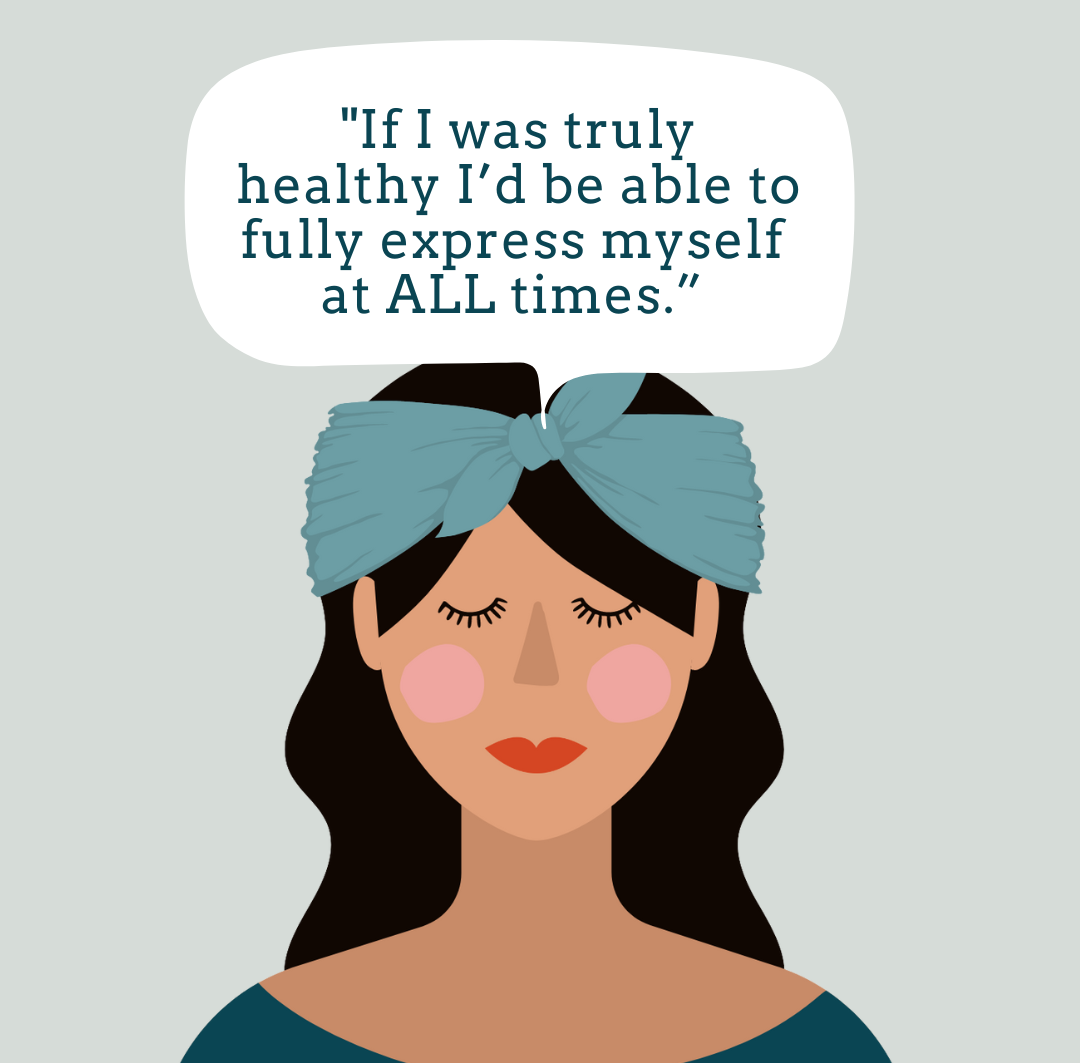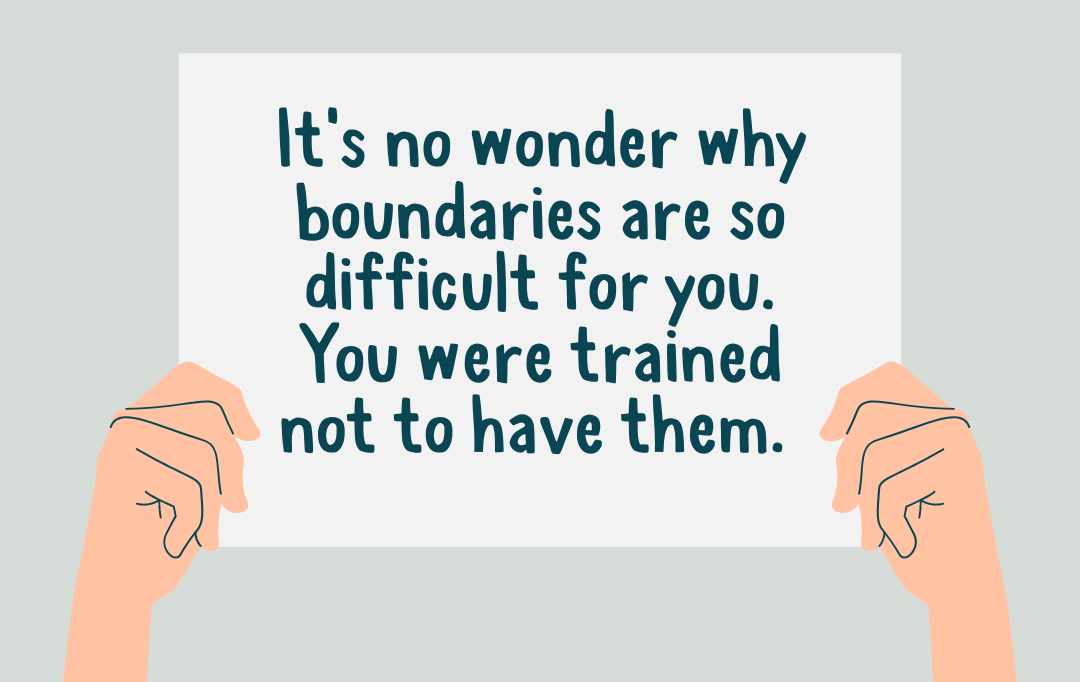The Misconception of Authenticity
Sep 15, 2022Let us guess, your beliefs are shifting and you don’t know how to talk to your religious friends and family about it. You’re beating yourself up that you aren’t more vocal and you feel inauthentic when you don’t fully disclose everything with them. You accuse yourself of being afraid and weak, and shame yourself for hiding. What if we told you that the biggest misconception (which we see ALL the time by the way) is that you think:

Is this your standard for yourself? Here's where we want to offer you a different perspective. What if we told you the belief that you must shout your faith from the rooftops actually comes from your religious conditioning? Think about it, you were trained that the salvation of others depended on your boldness to proclaim your faith. You were to be ready to give and answer for the hope you have. Not only that, but you were taught to be vulnerable and confess your deepest sins, often to people you barely knew who hadn't earned your trust.

Part of religious recovery is learning what healthy boundaries look like. That means that you can keep things close to your chest until you actually WANT to share! No one is owed an explanation on anything. Your responsibility is to yourself.
Here are FIVE questions you can ask yourself to help you understand if this guilt for not sharing your new beliefs is just stemming from your religious conditioning:
- Will sharing this ultimately make me feel better or worse at this time? (of course sharing will feel uncomfortable at first, but what do you imagine feeling AFTER you share? Will it bring you a feeling of power and freedom to have said this? Or will it bring you a feeling of exposure when you actually just want safety and space?
- What do I think is says about me if I don't share this (list them out). Now read through the list and check in with your body, mind and emotions. Are this statements actually true?
- What am I afraid will happen if I don't share this with them right now? Let me talk to my fear.
- Does talking about my transition with this person right now feel like the next right step for me? Does it feel like it will eventually bring me more life, or just take from me?
- How can I best protect and nurture myself right now?
By pausing and asking yourself these things, you can begin to create new ways to deal with that instant guilt you might be feeling and give you better clarity with how to approach each situation with nuance.

Stay connected with us!
Join the 4000 others signed up to get Happy Mail 2x/month in your inbox! We are trained to help you through your faith transition. You're not alone.
We hate SPAM. We will never sell your information, for any reason.
